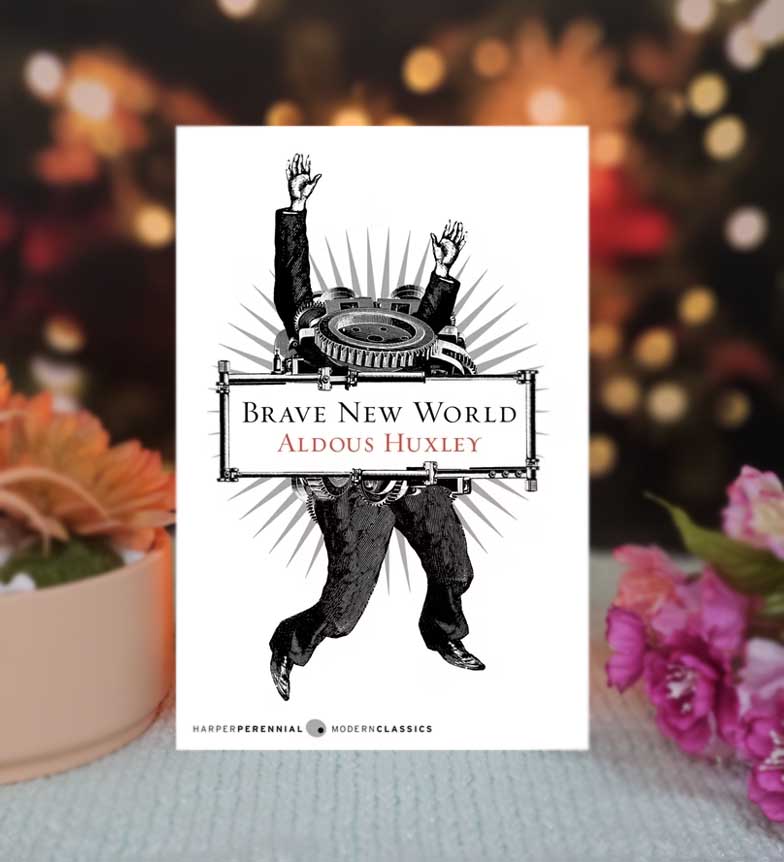
Pride and Prejudice
by Jane Austen
Jane Austen's beloved classic follows the spirited Elizabeth Bennet as she navigates questions of morality, marriage, and social status in Regency England. A witty, sharp social comedy that remains as relevant and delightful today as when it was written.
Spoiler Warning
This review may contain spoilers. Read at your own discretion if you haven't finished the book yet.
My Thoughts
How does one review Pride and Prejudice? It's been over 200 years since Jane Austen published this masterpiece, and yet it remains as witty, insightful, and thoroughly engaging as ever. This is my third or fourth reading, and I'm continually amazed by how much depth and nuance Austen packed into this seemingly simple story of courtship and marriage in Regency England.
At its heart, Pride and Prejudice is about two people—Elizabeth Bennet and Mr. Darcy—who must overcome their own character flaws (pride and prejudice, naturally) to recognize what they mean to each other. But it's also a razor-sharp social comedy, a critique of class and gender expectations, and a showcase for some of the most memorable characters in English literature.
Elizabeth Bennet remains one of literature's greatest heroines. She's intelligent, witty, principled, and refreshingly willing to speak her mind in a society that expected women to be demure and agreeable. Her verbal sparring with Darcy crackles with energy, and their slow-burn romance is satisfying precisely because both characters must genuinely grow and change to earn their happy ending.
But beyond the central romance, Austen's genius lies in her social observation. Through the Bennet family and their acquaintances, she skewers the absurdities of her society—the mercenary approach to marriage, the arbitrary nature of social status, the limited options available to women. Yet she does it all with such wit and lightness of touch that the critique never feels heavy-handed.
The supporting characters are brilliantly drawn: Mrs. Bennet with her nerves and marriage schemes, Mr. Bennet with his sardonic humor and ultimate failure as a father, the obsequious Mr. Collins, the charming but untrustworthy Wickham, the proud Lady Catherine. Each one feels real and serves a purpose in the story.
Austen's prose is a joy to read—elegant, precise, and frequently hilarious. Her irony is perfect, her dialogue naturalistic, and her narrative voice delightfully wry. This is writing at the highest level, where every word counts and nothing is wasted.
Why You'll Love It
- Perfect Heroine: Elizabeth Bennet is intelligent, principled, and wonderfully realized
- Masterful Romance: One of literature's greatest love stories, earned through growth
- Brilliant Writing: Austen's prose is elegant, witty, and timeless
- Sharp Social Commentary: Insightful critique wrapped in entertainment
- Memorable Characters: Every character serves a purpose and feels real
- Enduring Relevance: Themes of pride, prejudice, and judgment remain timely
- Perfect Pacing: Never drags despite its length
- Wit and Humor: Genuinely funny throughout
Perfect For
Everyone should read Pride and Prejudice at least once. Whether you're a first-time reader or returning to it, you'll find depth, wit, and wisdom. Perfect for romance readers, lovers of classic literature, anyone interested in social commentary, and readers who appreciate masterful writing. It's accessible enough for young adults but sophisticated enough to reward adult readers.
Final Verdict
Pride and Prejudice is simply one of the greatest novels in the English language. Austen's wit, insight, and technical mastery combine to create a story that entertains, provokes thought, and rewards repeated readings. It's a masterpiece that deserves every bit of its enduring popularity. If you haven't read it, you're missing one of literature's great pleasures. If you have, it's always worth returning to.
You Might Also Like

Brave New World
by Aldous Huxley
Aldous Huxley's chilling vision of a future where humanity has traded freedom for stability, individuality for conformity, and truth for comfortable lies. A dystopian masterpiece that feels more relevant with each passing year.

Shine, Pamela! Shine!
by Kate Atkinson
An Amazon Original Story. A brilliantly witty short story from the award-winning author, following the irrepressible Pamela through a life lived with determination, humor, and unexpected resilience.

Elevation
by Stephen King
A short, heartwarming tale about a man who is losing weight without changing size, and how his condition brings a divided community together.